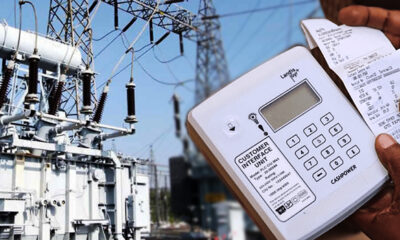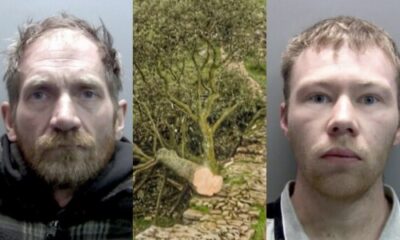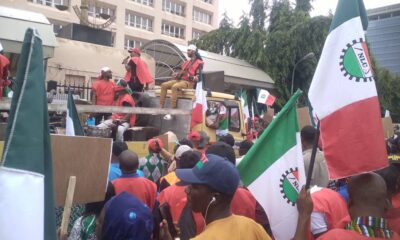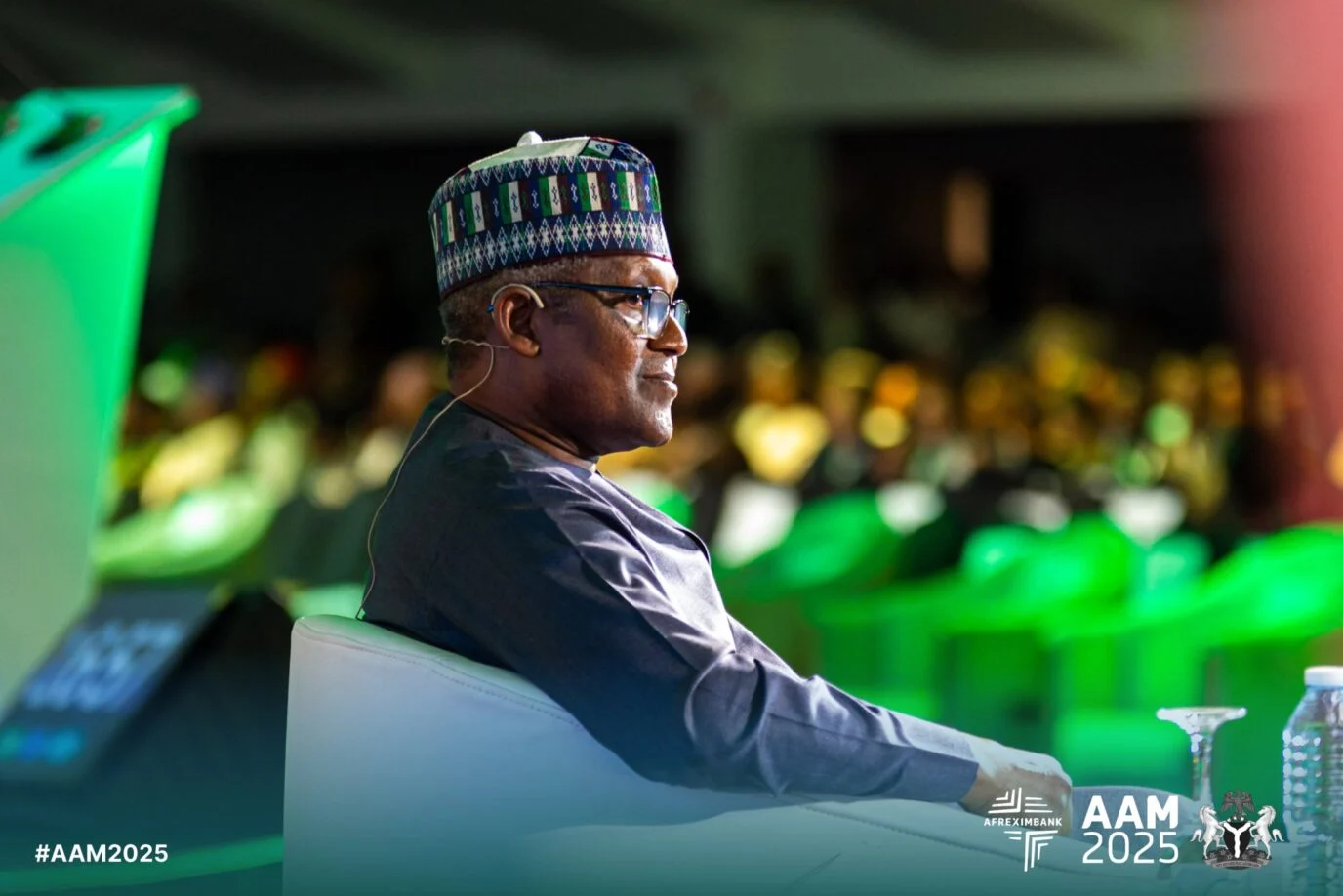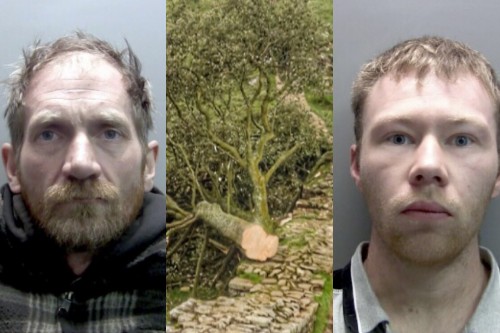A day after the Nigerian government and major cement manufacturers in the country agreed to bring down the price of the product, Ahmed Dangiwa, the Minister of Housing and Urban Development, threatened the manufacturers that the government would allow massive importation of cement if the price was not reduced across the country.
Ahmed Dangiwa issued the threat on Tuesday in Abuja at a meeting with Cement and Building Materials Manufacturers.
It was gathered that major cement manufacturers in Nigeria, Dangote, BUA and Lafarge, at a separate meeting on Monday, agreed that the price of a bag of cement will not exceed between N7,000 and N8,000.
The resolution was reached following a meeting between the Minister of Works, David Umahi, the Minister of Industry, Trade and Investment, Doris Uzoka-Anite as well as representatives of BUA Cement, Dangote Cement, Lafarge and Cement Producers Association on Monday.
The price of a bag of cement, used for construction across Nigeria, has increased to about N13,000 in many parts of the country amidst a cost-of-living crisis that has led to spikes in the prices of goods and services across the country.
While Nigerians wait to see if Monday’s agreement with the cement manufacturers will be implemented, the government on Tuesday warned that it might open the borders for cement importation if manufacturers of the product fail to bring down the prices.
Mr Dangiwa expressed concerns that in the past couple of months, the country had witnessed an alarming increase in the prices of cement and other building materials.
“Clearly, this is a crisis for housing delivery. An increase in essential building materials means an increase in the prices of houses,” the minister said.
“We are not the only country facing these challenges, many countries are facing the same type of challenges that we’re facing, some even worse than that.
“But, as patriotic citizens, we have to rally round the country when there is crisis, to ensure that we do our best to save the situation,” he said.
Mr Dangiwa said the cement manufacturers are enjoying the benefits of government policies.
“The government stopped importation of cement in other to empower you to produce more and sell cheaper,” he said.
“Otherwise the government can open the borders for mass importation of cement, the price will crash, but you will have no business to do.”
He said the reasons given by cement manufacturers for the price increase – the high cost of gas and manufacturing equipment – were not enough for such astronomical pricing.
While cement manufacturers can control the prices they sell the product, wholesalers and retailers often, arguably based on their operational costs, sell at prices of their choosing.
Mr Dangiwa, however, said the government wants the manufacturers to compel the wholesalers and retailers to sell at fixed prices.
He expressed his displeasure at the position of the Cement Manufacturer Association of Nigeria (CEMAN) that the association “does not interfere with the pricing of cement.”
He said the association should not just fold its arms when things were going wrong.
“One person cannot be selling at N3500 per bag and another selling at N7000 per bag and you cannot call them to order,” he said.
“The association is expected to monitor price control, otherwise the association has no need to exist.”
Earlier, the Executive Secretary of CEMAN, Salako James, said the housing policy of the administration of President Bola Tinubu was laudable and every responsible Nigerian has to key into it.
He, however, identified some areas of concern and appealed to the government to look into them to tackle the issue of cement pricing.
Mr Salako identified the challenges of gas supply to heavy users like the cement industry and urged the government to create a window whereby gas will be bought with Naira instead of dollars.
He also complained about the distribution channel, stressing that there was a great difference between the price from the manufacturers and the market price.
He, therefore called for government intervention to help stabilise the situation and bring sanity to the economy.
At the end of the meeting, the minister directed that a committee should be constituted to review the situation and come out with implementable resolutions that would benefit the common Nigerian.
The three major cement producers, Dangote Plc, BUA Plc and Lafarge Plc were represented as well as other industry stakeholders.

 BIG STORY4 days ago
BIG STORY4 days ago
 BIG STORY4 days ago
BIG STORY4 days ago
 BIG STORY22 hours ago
BIG STORY22 hours ago
 BIG STORY4 days ago
BIG STORY4 days ago
 BIG STORY4 days ago
BIG STORY4 days ago
 BIG STORY5 days ago
BIG STORY5 days ago
 BIG STORY3 days ago
BIG STORY3 days ago
 BIG STORY1 day ago
BIG STORY1 day ago









